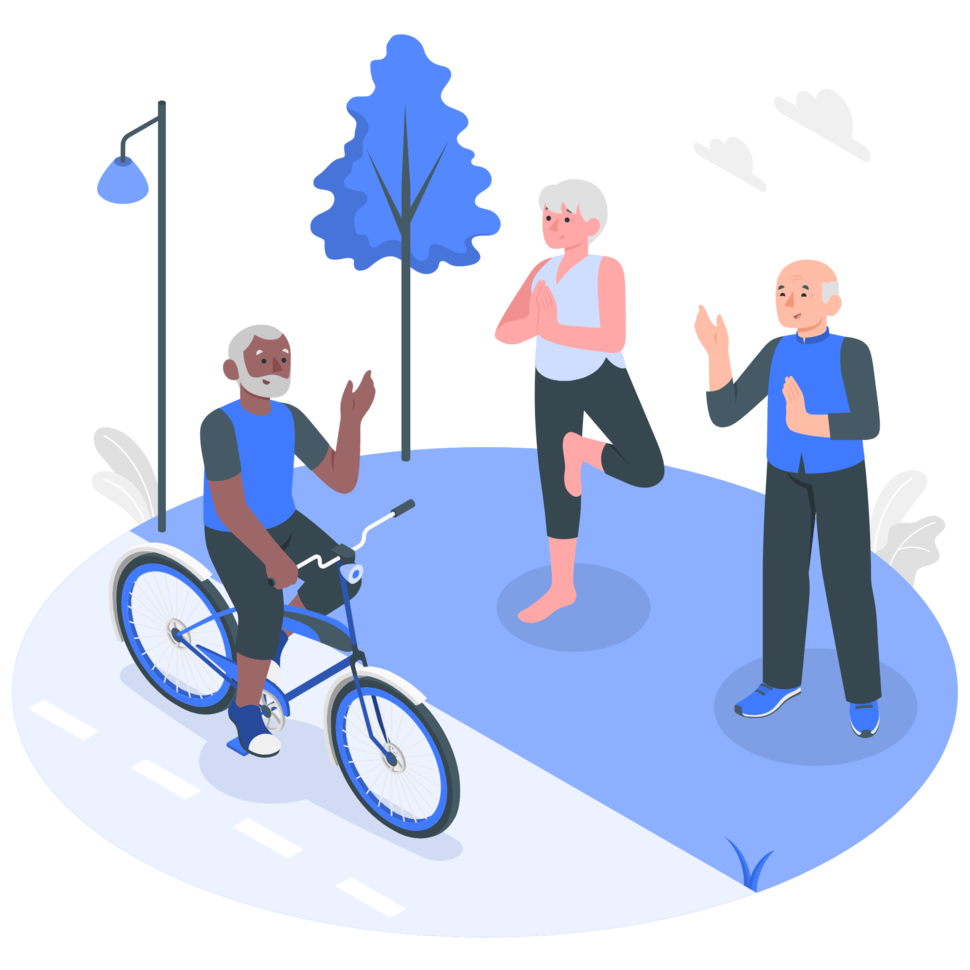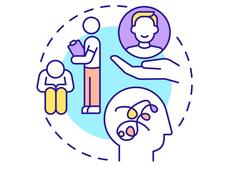| Cancer Information Highlights |
| From the National Cancer Institute |
| Updating you about cancer causes, prevention, screening, treatment, coping, and more |
| |
| New from NCI |
| FORTE Colorectal Cancer Prevention Trial |
 |
|
This new NCI-led study will help decide if people who have had one or two small benign polyps removed during a routine colonoscopy can wait 10 years for another colonoscopy. The current practice is for these people to have another colonoscopy after 5 and 10 years. Learn more about the FORTE study, including how to join. |
| Meeting the Psychosocial Health Needs of Cancer Survivors |
 |
|
About 25% of cancer survivors have lasting anxiety, depression, or other psychological and social distress. In this interview, Dr. Patricia Ganz discusses the challenges and opportunities in addressing this distress among cancer survivors. |
Cutting Risk of Anal Cancer in People with HIV
Results from a large clinical trial show that treating precancerous anal lesions in people with HIV reduces anal cancer by more than half. Learn about anal cancer, groups that are at increased risk, and the study that led to this finding. |
New Way to Classify Meningioma Brain Tumors Suggests Potential Treatments
Two studies have found a new way to group meningiomas, the most common type of brain tumor. The grouping system may help find new treatments and predict whether a person’s tumor will grow back after treatment.
|
| PDQ Updates |
Cancer Prevention Overview
You can take action to lower the chance of getting cancer. Learn about the major risk factors for cancer and ways to prevent or lower your risk. |
|
| |
| Also of Interest |
Cancer Survivorship
Many people who have had cancer say it can be hard to transition to a new way of life once they have finished cancer treatment. This section of NCI’s main website contains information to help you cope with these changes. |
COVID-19: What People with Cancer Should Know
The COVID-19 situation continues to change, and so does guidance from experts as they learn more. Read the latest on how to protect yourself from COVID-19, including new information from CDC on vaccines for children aged 6 months to 4 years old. |
Contact Us for Help
Information specialists at NCI’s Cancer Information Service (CIS), NCI's contact center, are available to help answer your cancer-related questions in English and Spanish. Reach us by phone, chat, or email. |
|
|
|
|
|